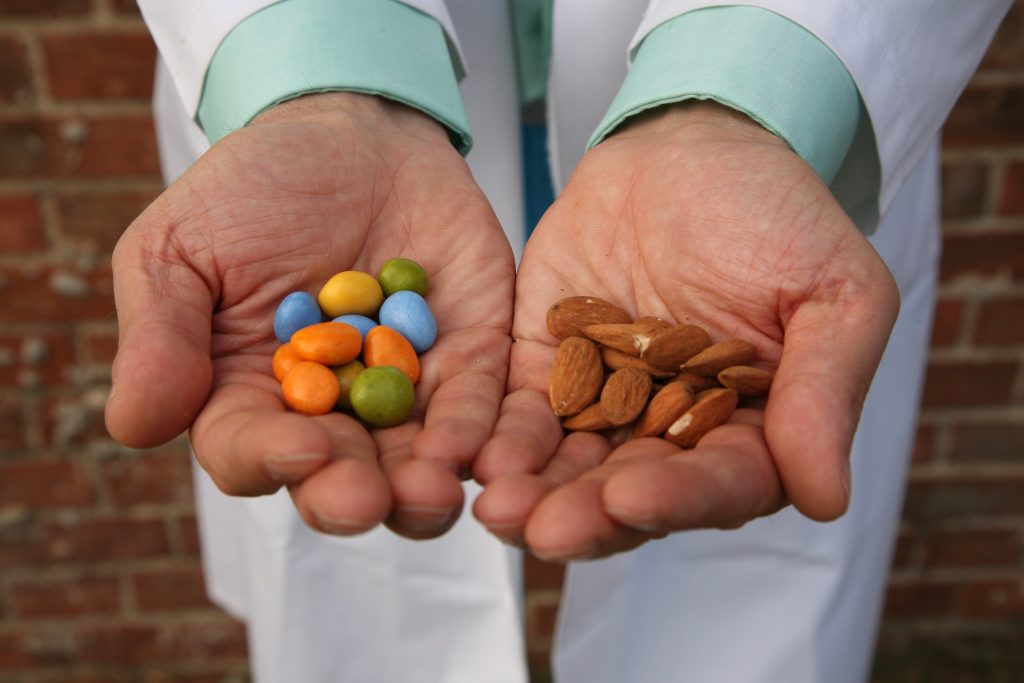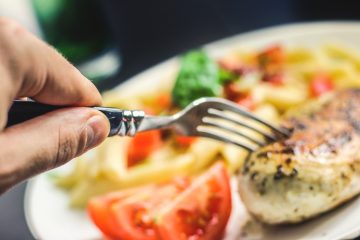
Tracking What You Eat – What?
With a strong familial history of diabetes, it seemed that becoming diabetic was inevitable. Over the last few years, my resting blood sugar levels have been in the low pre-diabetic range and slowly rising. Through my doctor’s recommendations, I’ve been making small changes to my life to stave off the diabetes diagnosis. My journey to uncover my eating habits and trends to be able to tweak the family diet is another step in this journey and began with tracking what I eat for 2 months. Background details can be found in the “Tracking What You Eat – Why?” blog post. Now, what did I learn through this exercise?
The big takeaway – tracking what you eat does lead to mindful eating. It forces you to rethink what you eat. As simple as it sounds, it was not on the forefront of my mind until I started to physically record this information.


Tracking in the Logos Health nutrition journal made me quickly realize that snacking throughout the day was the big issue. In between meals, when I wasn’t even hungry I would eat – when I needed a break, when I wanted to get a drink, when others were eating… oh my, oh snacks! The first couple of weeks, I really tried to just track what I ate without making any adjustments to my diet. Yet tracking my food intake automatically helped curb some of the mindless eating. As it certainly made me think twice before consuming something.
Voice entry! Making it easy, an additional lesson learned. Establishing any new habit is hard and it takes time and effort. Tracking what I eat did not come easy. In order to establish consistency, this task needed to be as easy as possible. Voice entry quickly became my preferred method of data entry. It is easy to speak in the entries on the fly, even while eating!
Moving forward, my intent is to leverage tracking what I eat as a tool to make better choices for what I eat, as well as reducing the number of snack sessions. The goal is to drop my fasting blood sugar levels below the pre-diabetic range. Expect a blog post update after the next set of labs and follow up visit. Please comment and share any best life practices around pre-diabetes that have been successful for you.





